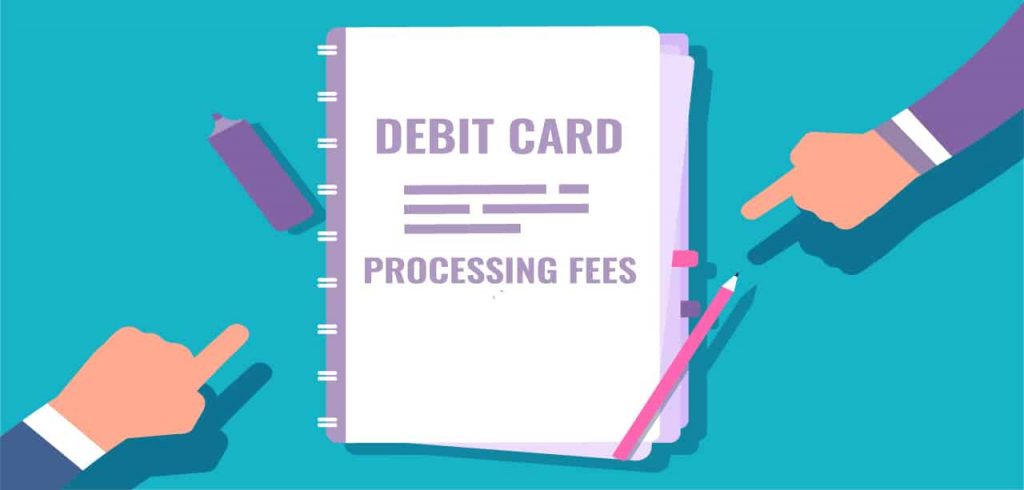Debit cards are quickly becoming one of the most popular ways to pay. Debit cards allow users to make purchases without using a credit card , and they can be used at any location where the merchant accepts debit cards (which is almost everywhere, since customers like to use them).
Debit card processing fees may not get as much attention as other types of credit card processing fees, but they are one of the most important. Debit cards are taxed at a different rate than credit cards, and this makes debit card processing more expensive for merchants. Debit cards are also regulated by some very strict rules that require greater attention to detail on the part of merchant account providers.
Debit Card Processing Fees Explained
Debit card processing fees are not the same as credit card processing fees. Debit cards process transactions from a checking account, whereas credit cards process transactions from a line of unsecured credit. Debit card transactions offer merchants lower interchange rates than traditional credit card transactions.
Debit card interchange rates vary depending on the type of debit card used to make the purchase. Debit cards are categorized by their security features . Debit cards that offer enhanced security tend to have higher interchange rates, while debit cards that lack these extra security measures tend to have lower interchange fees.
Debit card interchange rates are set by Visa or MasterCard, depending on which organization has issued the card. Debit card transactions are processed through the same networks that credit cards use to process their purchases. Debit card processing fees vary, but they will always be higher than traditional credit card interchange rates because of the way debit cards are taxed . Debit cards are considered cash advances by banks, so they are subject to additional fees associated with this type of transaction.
Debit card processing fees account for these extra taxes and fees. Debit cards that allow customers to withdraw cash from an ATM machine also have a separate surcharge applied to the purchase fee . Debit cards can be processed as either signature or PIN based transactions, and each type of transaction has its own unique debit card processing fee structure .
Debit card processing fees are negotiated between the merchant and their payment processor, but certain rules must be followed for this fee to be considered valid.
Debit cards can only have debit card processing fees applied to them if there is a second code (either a PIN or signature) that confirms that the transaction was authorized. Debit card transactions cannot carry an overdraft fee, even if the user has pre authorized this type of transaction.
Debit card processing fees cannot be assessed as a percentage of the transaction amount . Debit card transactions processed as PIN debit transactions have lower interchange rates than those that are processed as signature debit . Debit cards with enhanced security features will always have a higher debit card processing fee than cards with less security added.
Debit card processing fees are assessed either as a flat fee or as a percentage of the purchase amount, depending on the card being used . Debit card processing fees vary by both issuer and processor, but they are typically higher than credit card processing fees because of their classification in federal law .
Debit cards that carry a preauthorization hold charge a larger debit card processing fee than those that do not. Debit cards with enhanced security features will always have a higher debit card processing fee. Debit card purchase fees can be assessed as a portion of the transaction amount, or they can be a flat fee.
